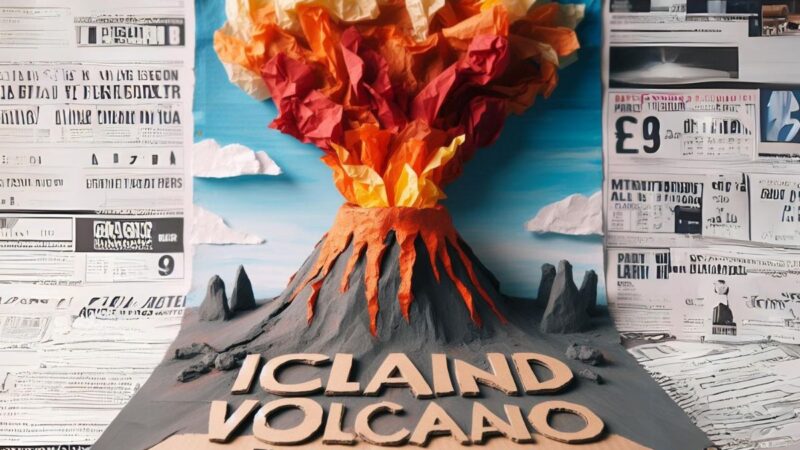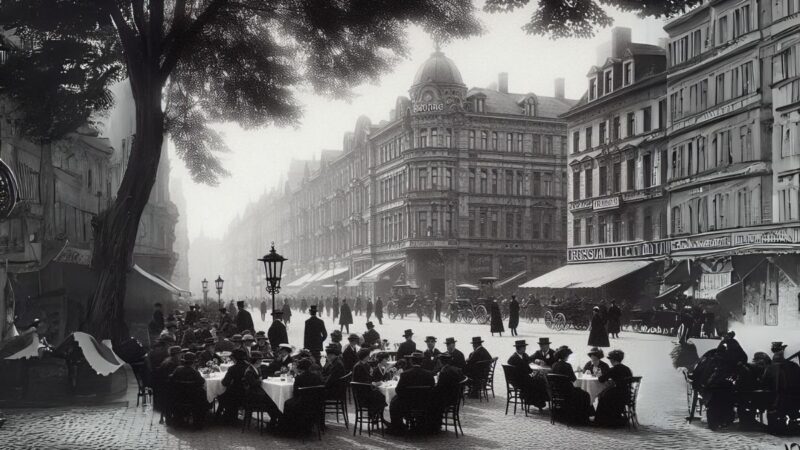Taoist Funeral Rites and Rituals in Singapore: An Overview

Taoism, a philosophy deeply embedded in the cultural fabric of Singapore, profoundly influences the local approach to life and death. This blog delves into the ceremonial traditions that define a Taoist funeral in Singapore, a significant aspect for many in Singapore.
The customs observed are not just rituals; they are a final tribute, a guide for the souls embarking on their last journey, and a source of comfort to those who mourn. As we explore the nuances of these rites, we aim to offer a window into the soulful and respectful process of bidding farewell to the departed.
Historical Context of the Taoist Funeral in Singapore
The Taoist practices of Singapore are woven together with many strands from its Chinese past. Early immigrants introduced their traditions to this island country, blending them with the culture of the area. These ceremonies have changed with time, but they are still based on the customs that came to this place many years ago.
Pre-Funeral Rites
Before the sun rises on the final farewell, Taoist pre-funeral rites begin with quiet solemnity. The family gathers to perform the “Calling of the Soul,” a tender and poignant ritual designed to summon the deceased’s spirit for a proper send-off.
As the family prepares for the wake, they set up an altar—a focal point of remembrance. It stands adorned with offerings and a portrait of the loved one, surrounded by the gentle flicker of candles. White cloth drapes across the furniture, signifying mourning, while family members don somber attire, their garb reflecting their grief.
The Wake
In the stillness of the wake, friends and relatives converge, paying homage to a life once lived. The setting is serene, yet alive with whispered prayers and soft chants, each a thread in the tapestry of farewell.
The Taoist priest assumes a pivotal role, guiding the ceremonies with a steady hand. Through prayers and rituals, the priest ensures the spirit of the departed is honored, comforted, and prepared for the journey to come. With each chant and incense stick lit, the community stands united in their reverence, their presence a comforting embrace to the family.
In every ritual, in every heartfelt gesture, the wake becomes more than a mere observance—it becomes a bridge between the here and the hereafter, a haven for shared memories and collective solace. Through these nights, the spirit of the deceased is cared for, respected, and lovingly escorted towards eternity.
Funeral Rituals
In the solemnity of a Taoist funeral ceremony practices in Singapore, rituals unfold with grace, each steeped in tradition and meaning. The procession is a pivotal part of the ceremony. Here, the family of the departed soul, robed in mourning attire, follows the casket. It is often adorned with symbols, such as the lotus, signifying purity and rebirth.
The ‘Sending Off’ ceremony takes center stage, marked by a Taoist priest leading the rites. The air fills with the scent of incense, a gesture to purify the path for the soul. In this part of the ritual, family members may burn joss paper, believed to provide for the needs of the deceased in the afterlife.
As for the protection and guidance of the soul, specific chants echo, intended to ward off any malevolent spirits. The priest performs these with diligence, ensuring the soul’s safe passage to the afterlife.
Post-Funeral Rites
Once the funeral concludes, the ‘Returning Home’ ritual begins. This often involves a final meal at the deceased’s home, symbolizing their last earthly visit. It’s a poignant reminder of the cycle of life and the enduring bonds of family.
Significantly, the memorial tablet takes its place in the family’s home. It serves as a focal point for ancestor worship, a practice deeply ingrained in Taoist belief. Here, family members pay homage, reinforcing the connection between the living and the deceased.
Annually, commemorations take place, such as Qingming, or Tomb-Sweeping Day. Families visit gravesites, clean tombstones, and offer food, tea, and wine to honor their ancestors. These acts maintain the cultural lineage, essential to a Taoist’s spiritual life.
Modern Adaptations and Practices
With the march of time, the Taoist funeral rites have witnessed subtle shifts. They now often incorporate aspects of other religions, reflecting the city-state’s rich tapestry of faiths. Despite the advent of modern technology, the essence of traditional rituals persists, though now we see online memorial pages and live-streamed ceremonies, allowing for broader participation.
Currently, there’s a keen interest among the younger generation to sustain these traditions. Because of this, we’re witnessing a blending of devotion to tradition with the needs of modern living.
Cultural and Social Significance
The Taoist funeral in Singapore serves not just as a farewell to the departed but as a cultural touchstone. They bind the community together, offering a moment of collective reflection. In a nation as diverse as Singapore, these rituals underscore the shared value placed on heritage and continuity.
The educational aspect of funerals is also vital. They’re a chance for the young to learn about cultural practices, ensuring these rituals endure through the ages. By participating, they understand respect, familial duty, and the cycle of life and death.
Also Read- 7 Reasons to Choose Mortuary and Cremation Funeral Homes






